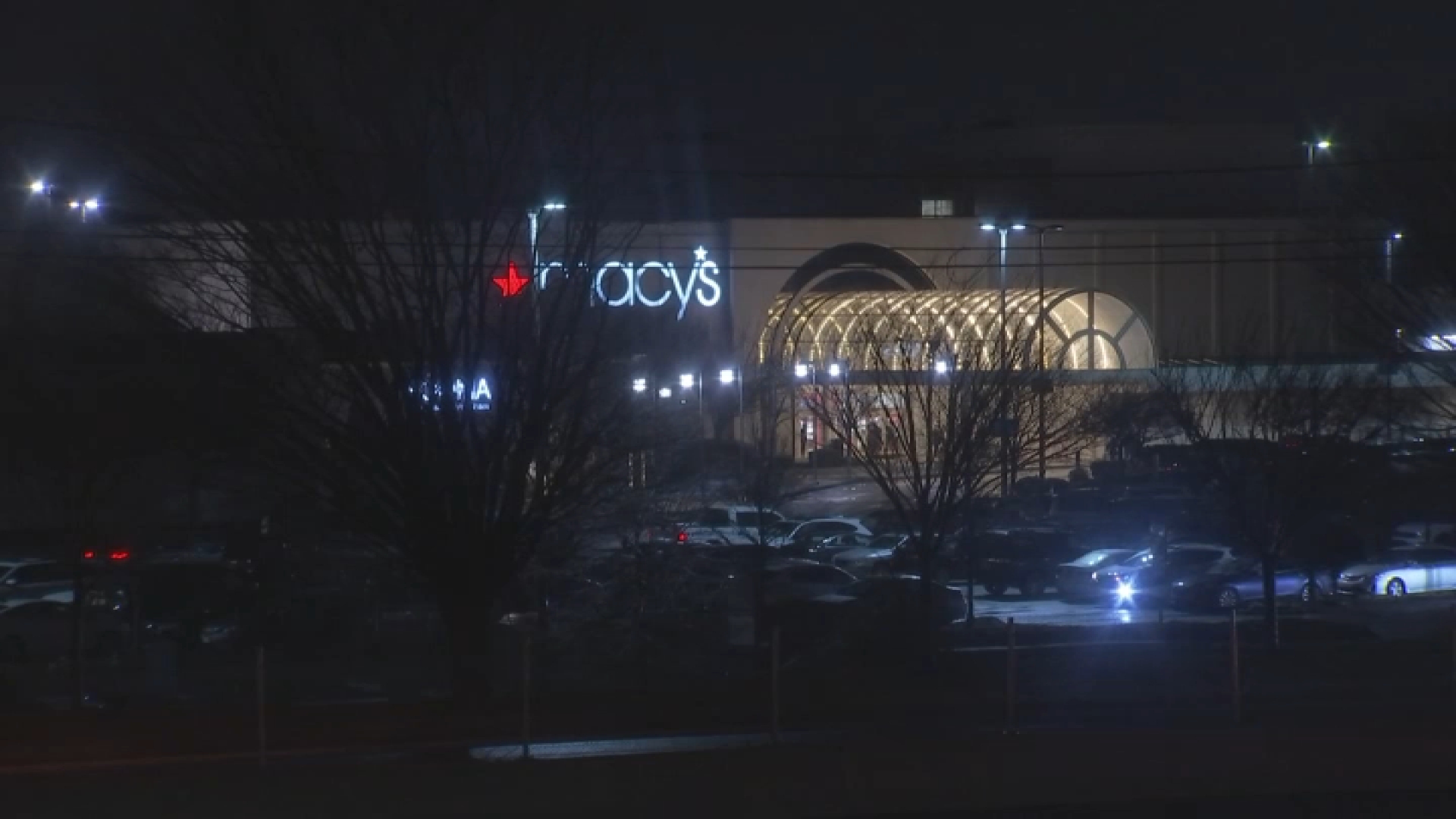More than a third of stops and frisks conducted by the Philadelphia Police Department in the first half of 2015 were made without reasonable suspicion, according to a report filed Tuesday in federal court by a group of civil rights lawyers.
The department has been under a federal consent decree since 2011. According to the report, 33 percent of all stops and 42 percent of all frisks were made without reasonable suspicion. Of those, black residents were the subject of 69 percent of stops and 57 percent of frisks.
Philadelphia's black population is 44 percent. The report found that the racial disparities "cannot be explained by non-racial factors," but responding to the report during a news conference, Commissioner Richard Ross said the gap is not the result of bias but rather a response to an increased need for policing in black areas.
"That is a fact that you can't deny," Ross said, adding that people in black neighborhoods in the city are victimized at a higher rate. "When people talk about neighborhoods being overpoliced, where would you suggest we have them?"
The report also indicates that despite blacks being frisked more often, those searches are considerably less likely to turn up anything than those of whites.
In 2010, a group of civil rights lawyers sued the police department, alleging that officers had a pattern and practice of stopping and searching pedestrians without reasonable suspicion and were disproportionately stopping blacks and Latinos. As part of the consent decree, the department has been subject to routine monitoring and is due back in court Sept. 15.
The lawyers said Tuesday that if the city fails to make "rapid and significant progress," they will seek sanctions from the court this year. Mayor Jim Kenney, who took office in January, has expressed concerns over the practice.
Local
Breaking news and the stories that matter to your neighborhood.
"We understand that Mayor Kenney's administration did not create this problem," said David Rudovsky, one of the lawyers from the 2010 lawsuit. "But Philadelphians have waited too long for a change."
Ross acknowledged the department had work to do to improve how the policy is implemented, but he called stop and frisk a necessary law enforcement tool.
"If you were to take that away from police officers, you would have chaos on the streets of this nation," Ross said. "We simply have to do a better job ... to make sure no one group is unnecessarily targeted, particularly along racial lines."
The commissioner said the department will work to improve accountability and how they document stops and searches.
"We have every reason to believe we will make progress going forward," he said. "The truth will be in the numbers."



